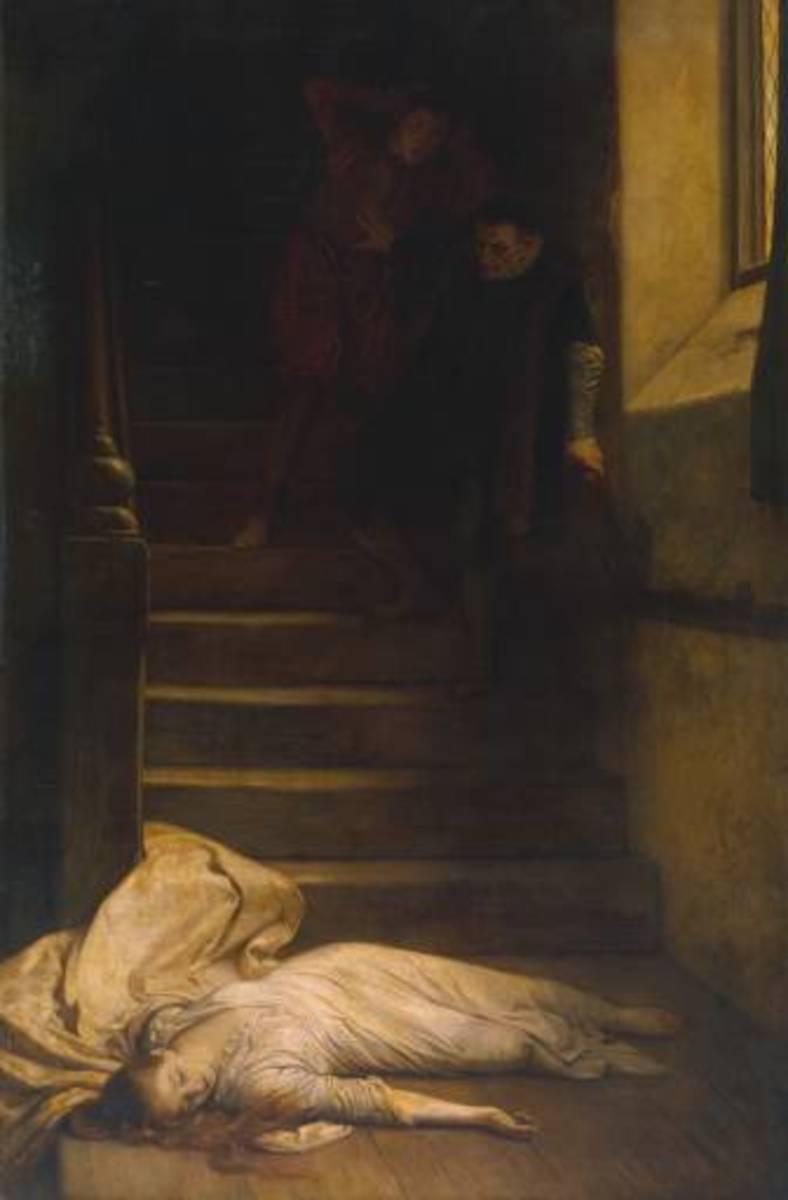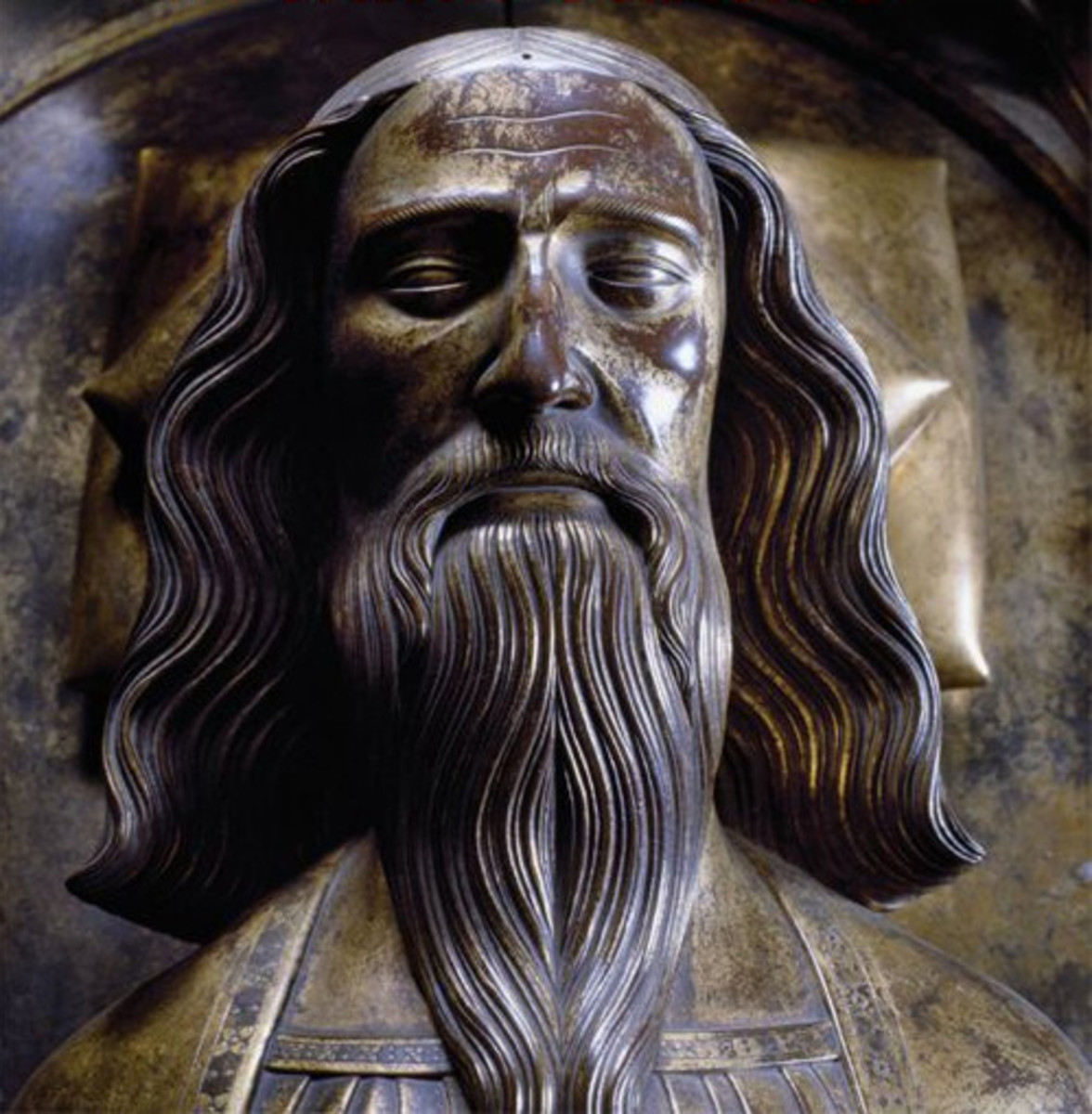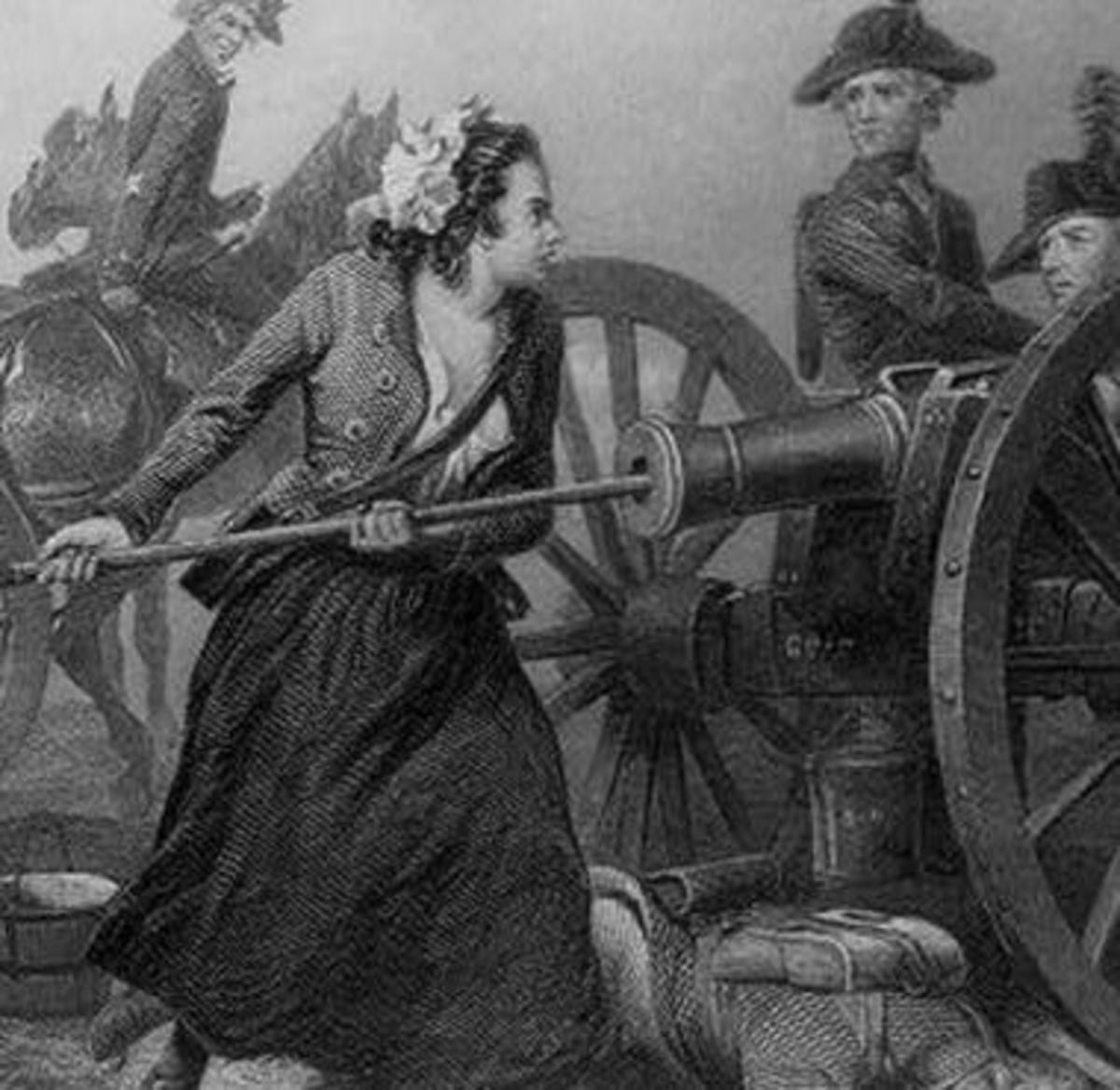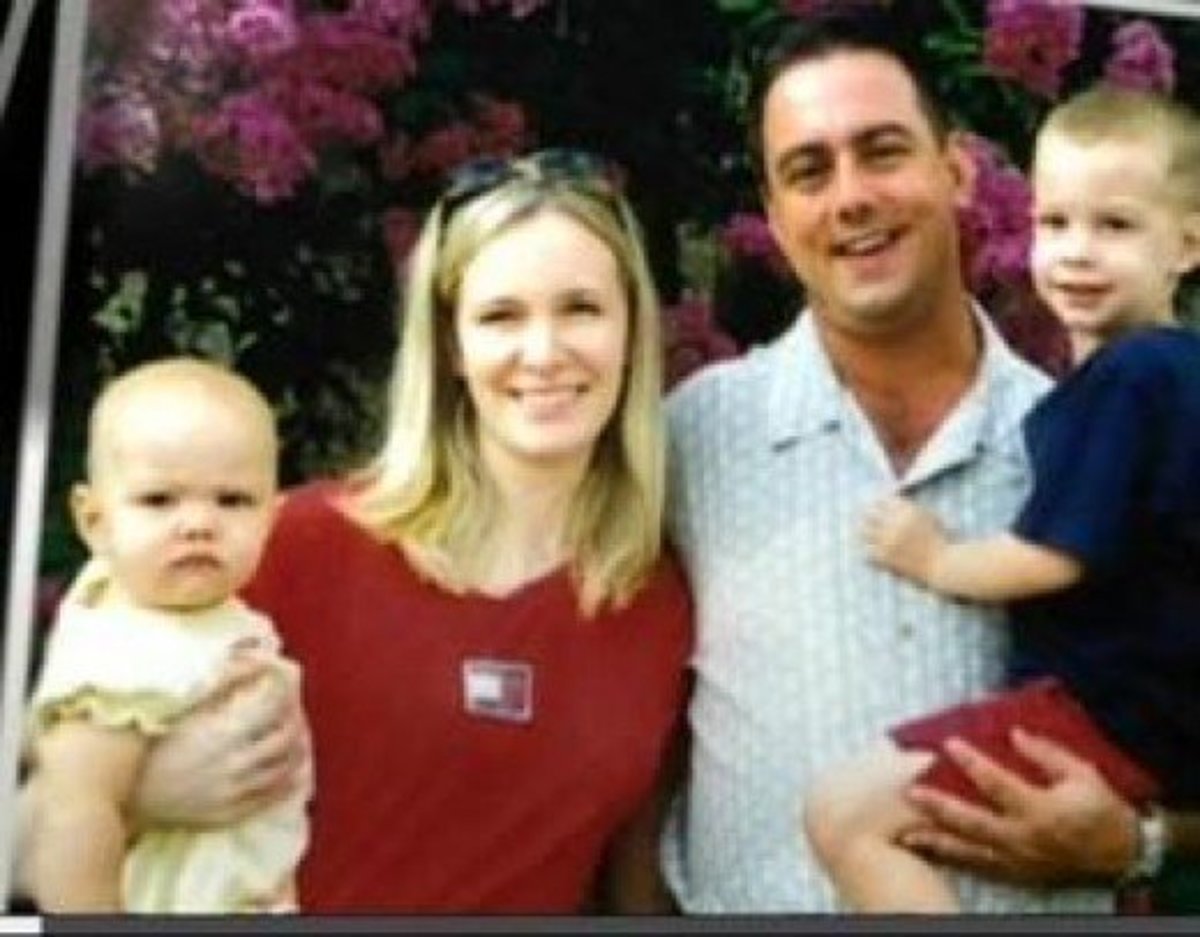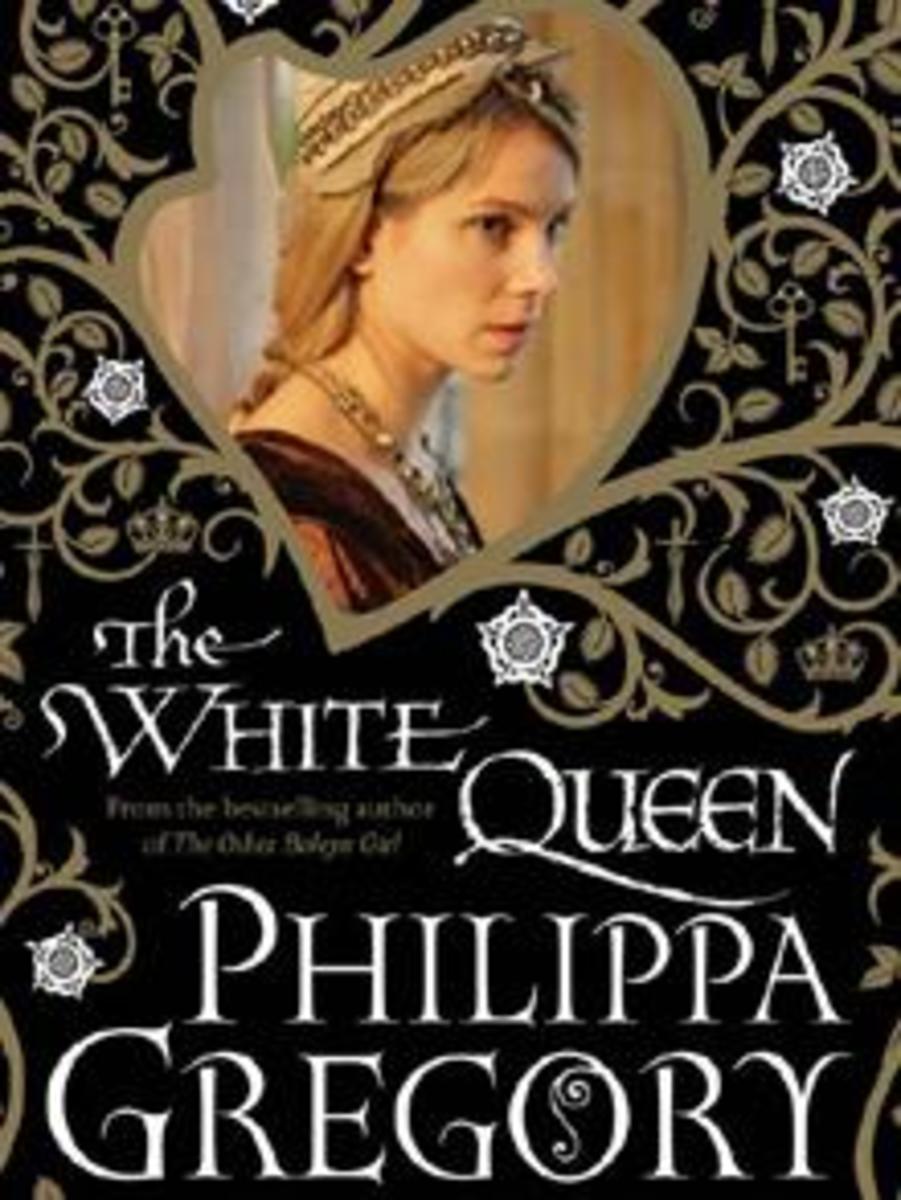Top 10 Books You Can Read in a Day

One of my deepest joys has stemmed from becoming a part of a world of characters who, in an imaginative sense, become part of my emotional landscape, even after I have closed its covers. Still, writers such as Thackeray, Tolstoy, Proust and George Eliot wrote during a time when reading comprised one of the few entertainments available, making length something of a priority.
Unfortunately, to a generation expecting instantaneous, digital delights and/or information, understanding of the beauty of the written word seems to be on the wane. Hence, when the heft and length of a book is not daunting, a reluctant reader may be willing to “give it a go”, and then perhaps be drawn to longer works.
As to we stodgy old grown-ups, discovery of a short, lighthearted or poignant book, brief enough to be read with ease in the space of one day, can yield its own lighthouse of conciseness.
The order of the books suggested below does not reflect their level of recommendation. We have grouped them in terms of memoirs, and short novels. We mention only one book per author, in order to maximize variety. Ideally, everyone reading this article will find a book worth reading or revisiting.
1. Among the Porcupines by Carol Matthau
Carol Matthau is also known as Carol Saroyan and Carol Grace.
During the mid-1940s, three of the most sought-after society girls were Gloria Vanderbilt, Oona O’Neill, and Carol Grace. Still, despite their seemingly blithe, glowing lives, each of these three debutantes had her own type of tragedy.
Gloria was at the core of a lengthy custody battle which deprived her of all the strong maternal figures she needed for stability during her growing years. Oona, daughter of renowned playwright Eugene O’Neill, was decimated and heartsick when told by her father’s second wife he wished to have no further contact with her.
Born September 11 1924, Carol Grace was later married twice to 16 years her senior, writer William Saroyan and then to actor Walter Matthau. During her first marriage to William Saroyan, he exploited his seniority in both age and recognition to the point which renders it difficult to comprehend her having remarried him two years after their divorce.
The porcupines referred to in her title reflect her evolving awareness of how quickly quills of malice could be activated beneath the veneer of elegant affluence. While eventually finding contentment in her marriage to Walter Matthau, her previous hurts combined with those of her two closest friends, leave her with an understanding of what often underlies seeming concern, admiration and cordiality.

2. Glitter and Glue: A Memoir by Kelly Corrigan
As a recent college graduate, Kelly Corrigan decided to spend a year in Australia. When living expenses exceeded her budget, she became a nanny in a home shattered by a mother’s death from cancer.
The glitter mirrors Kelly’s ideal of being romanced by the children’s father. This hope soon disintegrated as she realized the miasma of grief engulfing this household. While the five-year-old boy was eager for a warm lap and cuddle, the eight-year-old girl, perhaps with deeper memories of her mother, resented Kelly’s presence at first.
Still, in time, she realized Kelly’s urge and wish to nurture did not mean she presumed to take the place of her mother. The glue which replaces the glitter consists of Kelly’s sense of having helped three disjointed people to remain reunited with one another, after her leave-taking.
3. Choices Changes by Joni Eareckson Tada
As often occurs, one false assumption can alter the course of the remainder of one’s life. Born on October 15 1949, on July 30 1967, having failed to check the depth of the water at Chesapeake Bay, she dived in and seriously injured her spinal column causing her to become a quadriplegic. This means little or no movement can be made from the shoulders throughout the rest of the body, immobilizing both arms and legs.
While having to adjust, at age seventeen, to this nearly debilitating condition, Joni’s inner courage and Christian faith helped her to overcome her initial rage and despondency. Though somewhat socially isolated, during her thirties, after a church service, she met Ken Tada, a teacher around her age, who had recently joined the same church she attended.
He asked her out then, and continued to do so. Although their attachment grew, at some point Joni began to fear, once their early infatuation changed into day-to-day living, Ken might find the needs caused by her disability to be overpowering. Yet, when she broke off their relationship on this basis, his hurt indicated the depth of his love.
Hence, within a few months, they became reunited. Then in 1982, they married. Since that time, they have experienced the delights and struggles of any marriage.
4. Confessions of a Failed Southern Lady by Florence King
Given our modern freedoms, this book provides an intriguing look at college and university life during the 1950s. Female students, perpetual “girls”, for the most part were unabashedly there to secure husbands.
This hunt involved careful calibration as to what liberties could be allowed during dates, depending on how many with the same boy, while retaining respect and reputation.
The most moving part of Ms. King’s memoir centers upon a same-gender relationship, and the resulting harassment and pain. The young Florence learns a great deal about love through her time with this woman. Although connecting deeply on intellectual, emotional and physical levels, a true relationship cannot exist unless both partners can be flexible enough to accept their differences.
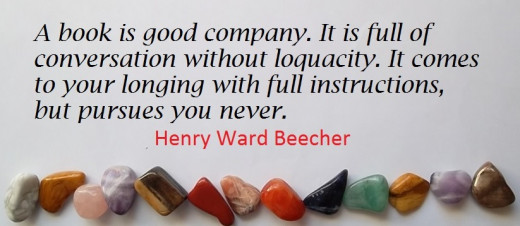
5. A Midwife’s Story by Penny Armstrong and Sheryl Feldman
When Penny’s relationship with an Amish man headed towards marriage, he asked her, in a serious way, if she was genuinely as self-sufficient as she appeared to be.
Although this might at first seem to be a somewhat callous question, given the sparseness of amenities in the Amish community, it is vital for everyone to rely as little upon each other’s good will as they can manage. True, Amish people do aid each other in times of needs. Still, each individual’s duties are such as to sorely limit available time.
Trained as a midwife in Glasgow Scotland, Penny felt justified in telling her near/fiancée of her strong independence. This proved essential during her early years in Pennsylvania America, where she moved after their marriage. In addition to a degree of mistrust by the Amish of an outsider, doctors viewed midwifery as a paltry role.
Parental emotions, however, over-ride boundaries. In America as well as Scotland, no more private act can be done than a home birth for an anxious young couple. Sometimes, first-time mothers view their birthing process as a kind of performance.
One such mother-to-be hoped to give birth to her newborn just as the sun was rising. When Penny pointed out such events could neither be timed nor predicted, the woman looked towards her husband as if he could somehow plead with the midwife on her behalf. Of course this proved impossible.
In a sadder example, although aware their baby would be stillborn, a couple wished to go through the regular delivery process together. When Penny had finished, as the mother wept, the father held the dead child against his chest, murmuring over and over again “Sweet little girl.” Still, despite the often heart-wrenching struggles Penny was forced to face, she continued to provide her finest midwifery. In fact, it felt like a calling which she held to be pure and sacred.
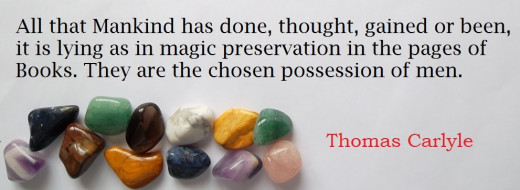
6. Sapphira and the Slave Girl by Willa Cather
This brief novel is believed to have been based upon an historical incident which gave rise to a ballad centered on the slave “Nancy”. In any case, Willa Cather’s novel creates well-drawn characters within a realistic scenario.
Born in Virginia, one of the slave-owning states prior to the Civil War, the young Willa must have heard and absorbed many stories of that contemptible time when wealth enabled one or more human beings to legally own others. Overall, this book is an indictment of the horrors of pre-Civil War slavery in the American south.
Sapphira, in all probability always a bully towards those within her control, in middle-age, grown heavy from what was then called “dropsy”, has become despicable. Fearing that the beauty and innocence of the lovely slave, Nancy, might ensnare her husband, Sapphira does all in her power to maneuver Nancy’s seduction by her husband’s lecherous nephew Martin Colbert.
If Nancy can be impregnated, then deserted, she will be viewed as impure, thereby losing much of her appeal. Although intimacy on any level has clearly faded from Sapphira’s marriage, she still resents her spouse’s perceived attraction to the gentle Nancy.
Hence, having added dollops of alcohol to her husband cups of tea, she persuades him to go on vacation with her, leaving nephew Martin in charge of their home-including household domestics. As Martin’s erotic intentions increase, Nancy feels more and more frightened-but at the same time, grows resolute.
Her own inner strength, combined with the help of friends, enable her to reach a branch of the “underground railroad” (A secret network that helped slaves escape to the Free states and Canada).
Thus, she becomes liberated from the shackles of bondage. In an ironic sense, Sapphira’s vindictiveness brings about Nancy’s liberty. Still, those menacing forces which impel her, alone in her late teens, to uproot and relocate to an entirely separate location carry its own sense of inescapable sadness.

7. Giovanni's Room by James Baldwin
Published in 1956, this book reflects the ways in which societal pressures on an individual can cause anguish both to himself and those dearest to him. David, a young American in Paris, becomes enthralled by the Italian bar-tender Giovanni.
Love also quickly becomes a strong part of their joy in each other. Still, David’s pleasure in this rapport is tainted by his fear that he might have a male gender preference. (An experience some years before, which he tried to dismiss, becomes reawakened and troubling.)
Hence, while continuing to meet Giovanni in his room after dark, David does nothing to discourage the matrimonial hopes of his ostensible girlfriend, Hella, to whom he has proposed marriage.
Living during a time decades before homosexuality had gained acceptance, David is ambivalent as to whether to live as he wishes, or enter into a conventional union which will allow him to live within social norms. In an act of ruthlessness, he pretends to be attracted to a lonely acquaintance in whom he has no interest, by way of proving to himself he is heterosexual.
Aware Hella will be arriving soon for an agreed-upon visit; David feels he must give up Giovanni. Still, alone with her, he feels no passion; instead, he yearns for the young man who represents his true self.
There is also some question as to Hella’s genuine feelings for David. At one point, she voices her fear of becoming like one of those middle-aged women she has seen in cafes, gazing with sad intensity at men twenty years their juniors. Implicitly, Hella might be seeking marriage as an escape from impending isolation. The book continues to explore the complexities that drive David's relationships.
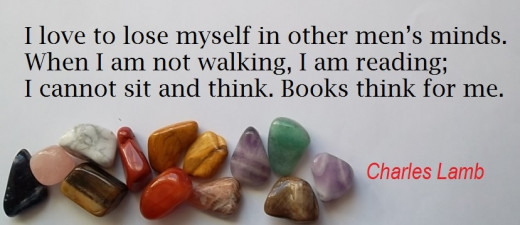
8. The Scarlet Letter by Nathaniel Hawthorne
Some people eschew this short novel, often because it tends to be assigned in schools, which in itself can make it seem dull and tedious. In addition, it is based in New England, during the 18th century. Still, it is this era and framework which render this book a worthwhile reading experience.
At its beginning, young Hester Prynne is humiliated by being placed in the stocks for having borne an illegitimate child. The more lasting aspect of her penalty is to wear, for the rest of her days, a scarlet A upon her dress, (the scarlet letter), in order to show she is guilty of being an adulteress.
She must bear this stigma alone, given her refusal to name her baby’s father, and this father’s failing to step forward as such. While at first this appears to be the ultimate act of male cowardice, a deeper explanation exists.
If this father, young minister Arthur Dimmesdale acknowledges paternity, he may well be scourged in a number of ways: physical, emotional, and financial. Held to higher standard than an ordinary young bachelor, he would almost certainly be exiled from the community. If so, he will be destitute, as will Hester and their child assuming they are allowed to go with him. It would be left to her betrayed husband to decide whether or not to release her.
During the puritan era, marriages were not predicated on passion, or even love. In one of the more moving passages of the book, we are told, while her husband Roger Prynne knew he lacked those attractions of youth and appeal which others possessed, he did not believe this should deprive him of the fireside companionship enjoyed by nearly all of his fellow beings.
Perhaps Hester could have shaped herself to this expectation, had she not, during an extended absence by her husband, encountered Arthur Dimmesdale. He ignited and shared the passion within her which blazed far beyond her husband’s fireside.
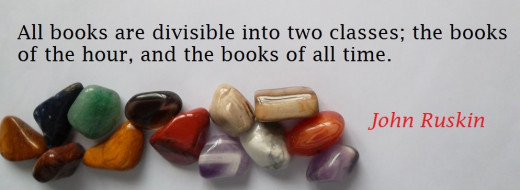
9. Miss Lonelyhearts by Nathanael West
Set in the ambiance of the American Depression, a deep sense of sadness pervades this short but powerful novel. The main character, a young newspaper columnist, is unnamed. This type of anonymity is sometimes called the everyman technique, indicating the writer’s view that the situations and circumstances could occur in the life of anyone.
Here, the columnist, using the sobriquet “Miss Lonelyhearts”, responds to letters requesting advice from the despairing and wretched. Apparently, the newspaper believes readers will feel able to write more freely to a female than to a man. While at first trying to assume the newspaper’s flippant attitude towards these letters, the columnist soon finds himself too emotionally porous to shrug away soul-wrenching letters.
He also realizes the inability of anyone to give healing advice in the most poignant scenarios. One outstanding example is a sixteen-year-old girl who says she does not have a nose. She adds that her parents buy her pretty clothes to help her gain peer acceptance, but implies it is not forthcoming.
As time passes, the young man finds his emotional distance between himself and those who write to him narrowing. At the same time, he sees the sordid tawdriness of the lives of his office colleagues and superiors.
Although he has the option of marrying a lovely girl and becoming a journalist, his ultimate question becomes whether he can find contentment in a world in which greed and cruelty are rampant, only cutthroats and brutes succeed, and life holds little or no true happiness for those who gain the accouterments and accolades of outward success.
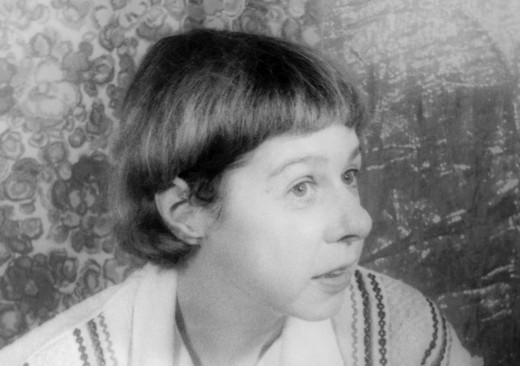
10. The Member of the Wedding by Carson McCullers
This short novel is written largely from the psychological landscape of Frankie Addams, into which the reader is drawn almost from the first sentence. Situated in a small town, twelve-year-old Frankie Addams feels herself to be, “an unjoined person”. Her widowed father has left her in the care of a maternal African-American housekeeper, Berenice.
Hence, in desperation for a sphere where she might belong, Frankie becomes entranced when her brother and his fiancée come to visit in order to invite the family to their upcoming wedding. Finding herself drawn into her idea of their endless adventures and ongoing joys, she begins to perceive herself as an integral part of their union.
Her father remains aloof and oblivious, while nothing Berenice advises, by way of grounding her to reality, can distract Frankie from her growing fixation. Ultimately, her journey comprises the history, which each of us must experience in our own way, from pre-adolescent ideals into adult understanding.
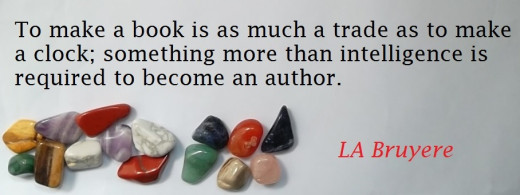
© 2015 Colleen Swan

